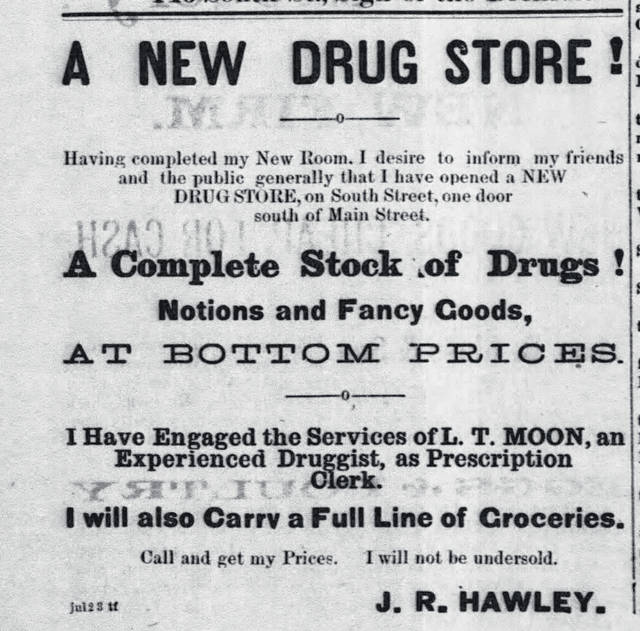
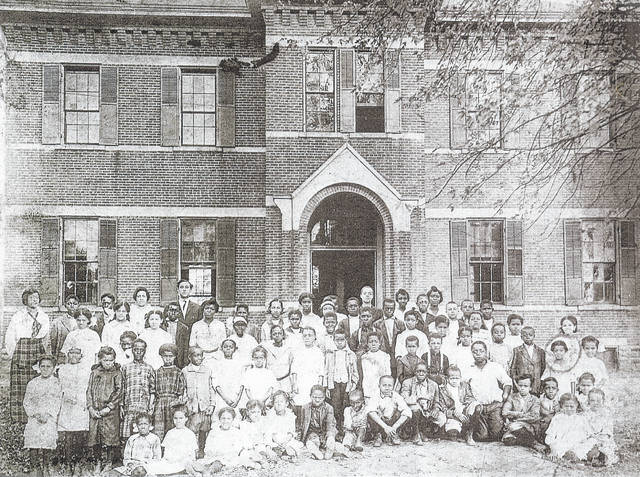

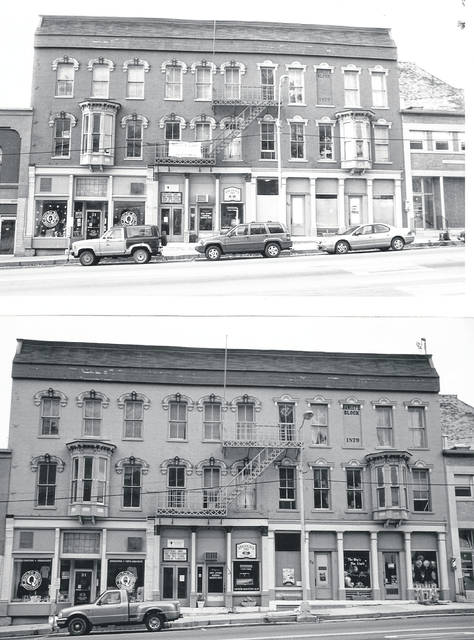
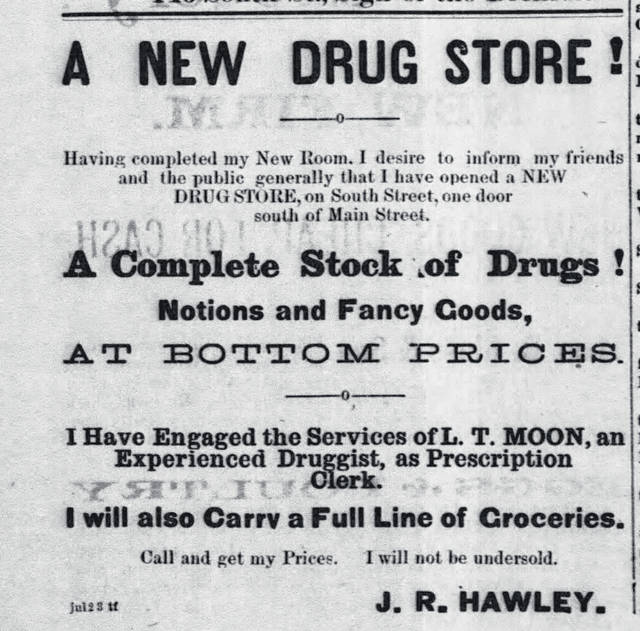
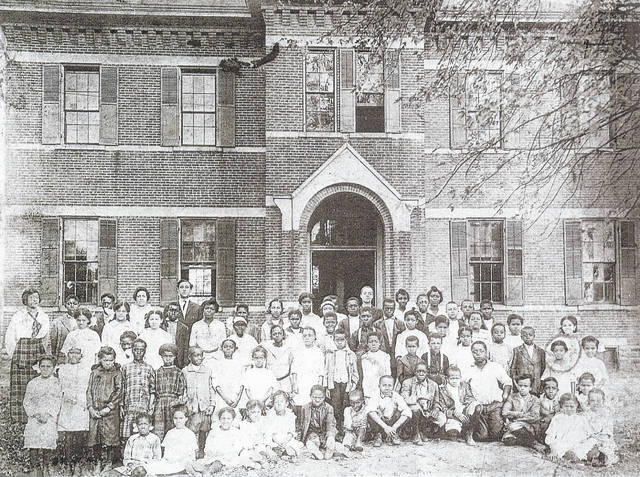

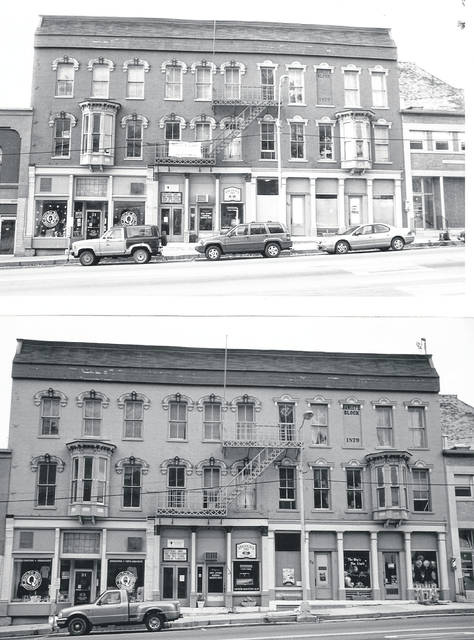
This is the first of four weekly articles — to commemorate historic local residents and Black History Month — written for the News Journal by Shelby Boatman, Executive Director of the Clinton County History Center.
As we contemplate what Black History Month means to us individually and as a community, we all probably think back to Martin Luther King Jr., Rosa Parks, and the Civil Rights Movement.
But do we consider locally the impact African Americans have had on Clinton County?
Joseph R. Hawley was born into slavery within the border of North Carolina circa 1844, and freed around the age of six. Prior to the Civil War, Hawley attended school and worked hard to educate himself.
Once the musket smoke from war subsided, Joe opened the first black school in Granville County, N.C. and was elected justice of the peace during the Reconstruction era. Following a marriage, a move to Arkansas, a move to Washington Court House, and a tavern fire that destroyed his business there, Hawley decided to put down roots in Wilmington.
He arrived as a result of the prominent anti-slavery Quaker community in the area with the hope his adventures here would be more successful. His finances were poor, so he began his business ventures with a small wood-framed store.
Originally located in the area known as Shadagee, as construction began on the third and final courthouse for the county, business residents and tenants were forced to find new accommodations. After becoming close friends with Judge Robert Barclay Harlan, Hawley was loaned $1,500 by the judge to move his business to the corner of South and Main streets, just opposite our current Clinton County Courthouse.
After three years of business on South and Main, Hawley had saved enough money to purchase the adjoining 60-foot lot from Judge Harlan for $3,000.
By 1879, after a short endeavor with pharmaceuticals, Joe expanded his operations by erecting a three-story brick building featuring his name, which is still seen today on South South Street neighboring the “For the Love of Ink” business.
Here Hawley sold wine, liquor, beer, ale, tobacco and cigars along with fresh lake fish, game and poultry. An 1888 newspaper feature stated Hawley had “rock bottom prices and all callers are politely and respectfully served.”
He was also the owner of the Midland Hotel (located next door), a city councilman, a Mason, and member of the International Order of Odd Fellows for the “colored chapter” during a tumultuous time for African Americans post-Civil War.
Records show he was elected to Wilmington City Council in 1881 for seven years, but his name does appear again on a ballot in 1902.
Hawley was very active in the Republican Party during his tenure. Records show he was elected to the Republican Executive Committee in 1880 and the delegation for the Republican State Convention in 1884.
What might be somewhat unknown about this famous local figure is that, in 1895, he filed suit against the Wilmington School Board with an injunction toward their segregated schools — claiming they organized separate and inferior “colored schools” in comparison to the other “white schools”, which he believed to be illegal.
In an obituary for J.R. Hawley’s wife, Edna, it is stated that he was one of Wilmington’s “most prominent colored citizens.”
We hope a name once famous in history and still etched on brick, will not long be forgotten for the impact and influence he contributed to Clinton County.
For more information on this topic please contact the History Center at 937-382-4684 or visit us online at www.clintoncountyhistory.org .





